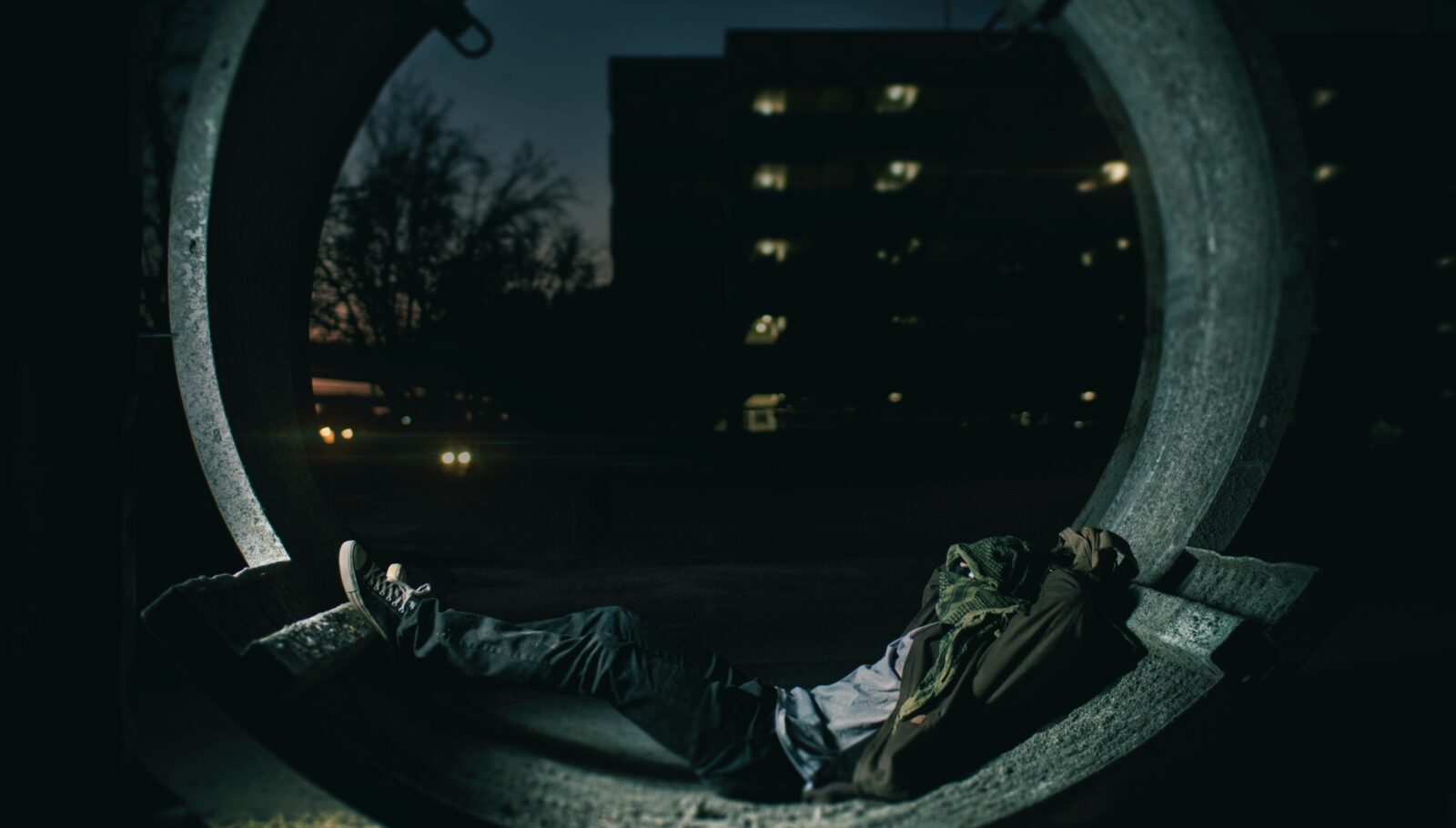Saying “people experiencing homeless” instead of “homeless people” almost doubles the number of letters — 26 rather than 14 — but does not double our understanding of the human lives at stake in debates about the unhoused. A better suggestion: Read Tracy Kidder’s Rough Sleepers (Random House, 2023).
The hero of the book is Dr. Jim O’Connell, who has an attitude to which I aspire, although it’s hard for a journalist: “pre-admiration,” which is the opposite of prejudice. One colleague said O’Connell’s “presumption is, ‘Oh, I’m eventually going to like this person. I will probably find some reason… I just happen not to know it yet.” Kidder, learning to see the undervalued through O’Connell’s eyes, wonderfully humanizes homeless people by colorfully describing their individual strengths and oddities.
O’Connell at age 75 is still the head of Boston Health Care for the Homeless. Long ago he had good grades at Harvard Medical School and good reviews of his residency at Massachusetts General Hospital, so of course he’d grab prestigious positions and become rich by keeping the wealthy healthy, right? Nope: O’Connell’s work for four decades has been keeping alive homeless people who sleep outside in Boston’s rough weather.
Kidder relays what O’Connell has learned. For example, “Complexity was another of Jim’s themes. The patient who flushed pieces of her clothing down the toilet of the Walk-In Clinic and clogged up the plumbing — her diagnosis and resolving the trouble she’s caused were both ‘complicated.’ And a patient could be both ‘complicated and ‘delightful,’ sometimes simultaneously, at least to Jim.”
One of the complicated and delightful people: Santo, lived in the barracks of a homeless shelter and had untreatable cancer of the esophagus. O’Connell arranged for Santo to have a tube inserted in his stomach so he could take in liquids. On a Friday evening O’Connell drafted applications for Santo to be admitted to a good nursing home. On Monday O’Connell drove him there “and went home that night feeling pleased with himself.”
A week later, though, Santo was back at the shelter, “holding a bottle of vodka and pouring its contents down the tube in his stomach.” O’Connell realized that Santo wanted to drink vodka around the people he knew: “What I did for him didn’t seem right from the perspective of the person we were trying to serve.
O’Connell similarly recounts his attempt to get a man suffering from schizophrenia to come into a homeless shelter on Pine Street: “The man demurred. ‘Look, Doc, if I’m at Pine Street, I can’t tell which voices are mine and which are somebody else’s. ‘When I stay out here, I know the voices are mine, and I can control them a little.’”
Occasionally the perspectives of would-be helpers and those needing help melded. “Success” is the title of one of Kidder’s 36 chapters. In it we meet Joe Meuse, brought to emergency rooms as a dead drunk 216 times in about 550 days: He now has a home, a car, and a job. We meet Joanne Guarino, sexually abused by a family friend, and moving on from there to early pregnancy, abortion, drug and alcohol addiction, rape, AIDS, losing an eye to a stab wound, eviction. She’s now not only clean but a member of the board of Boston Health Care for the Homeless.
But since success has been unusual, O’Connell regularly fields complaints about how much governments are spending on “people who produced nothing except indecent public spectacles, and didn’t even try to take care of themselves.” O’Connell feels like responding, “We’re making up for what wasn’t done for our patients. What you didn’t provide — schools, jobs, safety.”
That’s true: I was a reporter in Boston 50 years ago and saw the beginning of a trajectory created by schools where kids don’t learn how to read, jobs disappearing through deindustrialization, streets that are unsafe when some police abuse their authority, and even less safe when police stop making arrests. We can learn much from Kidder about how those of us in homes should think about those homeless and sleeping outside. Kidder does not try to tell us what conclusions we should draw about public policy, including today’s official “Housing First” approach, and that’s what I’ll discuss in next week’s column .

